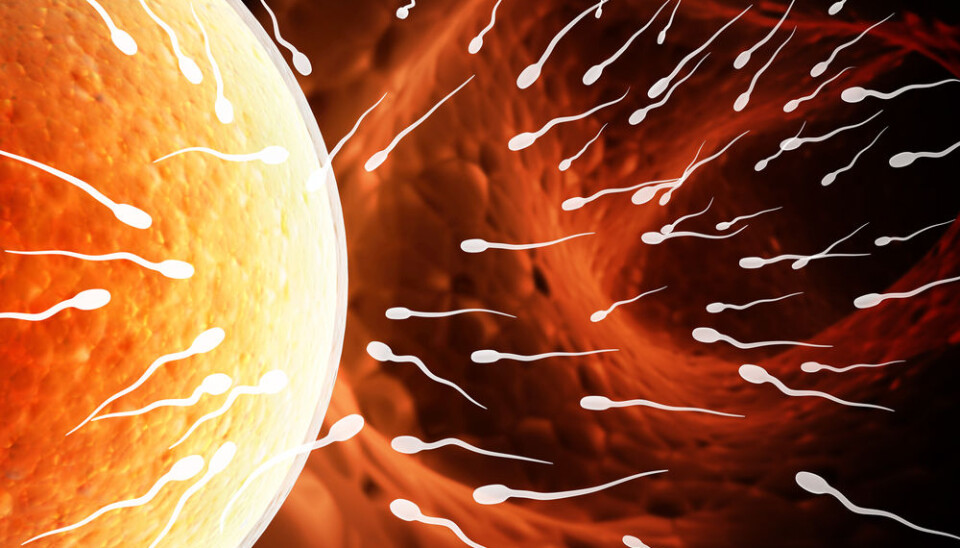
Scientists find genetic ‘ignition key’ in human embryos
New study identifies which genes are the first to be activated in a fertilised human egg. They hope the new results will help develop new infertility treatments.
New research identifies for the first time the exact order in which genes are activated in fertilised human cells, and finds seven new genes previously unknown to medical science.
The study reveals that just two days after a cell is fertilised, 32 genes are activated. This rises to 129 genes by day three.
“These genes are the ignition key’ that is needed to turn on human embryonic development. It is like dropping a stone into water and then watching the waves spread across the surface,” says co-author Professor Juha Kere from the Department of Bioscience and Nutrition at the Karolinska Institutet, Sweden, in a press release from the university.
There are a total of 23,000 human genes, but how and are when they become activated has been a mystery until now.
Junk DNA is the key
The study shows that the newly identified genes interact with so-called “junk DNA”, which are repeating DNA sequences that do not code proteins as most other DNA sequences do.
The interaction of these noncoding sequences with the seven new genes is vital in the early stages of embryo development.
The study authors hope their discovery will lead to new treatments.
“We identified novel factors that might be used in reprogramming cells into so-called pluripotent stem cells for possible treatment of a range of diseases, and potentially also in the treatment of infertility”, says co-author Professor Outi Hovatta, from the Department of Clinical Science, Intervention and Technology at the Karolinska Institutet, in the press release.
Scientific links
- Press release
- ‘Novel PRD-like homeodomain transcription factors and retrotransposon elements in early human development.’ Doi: 10.1038/NCOMMS9207










